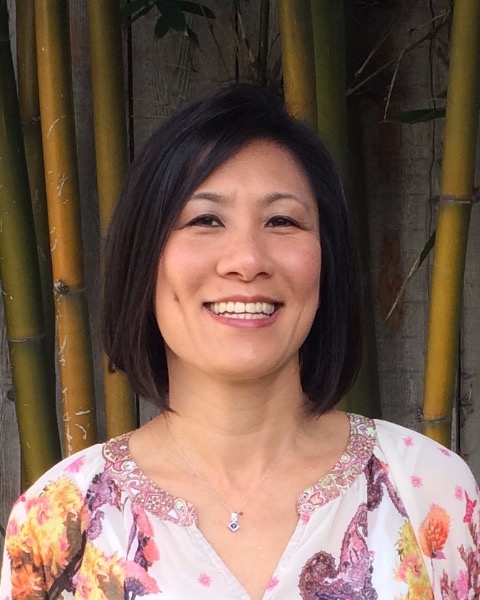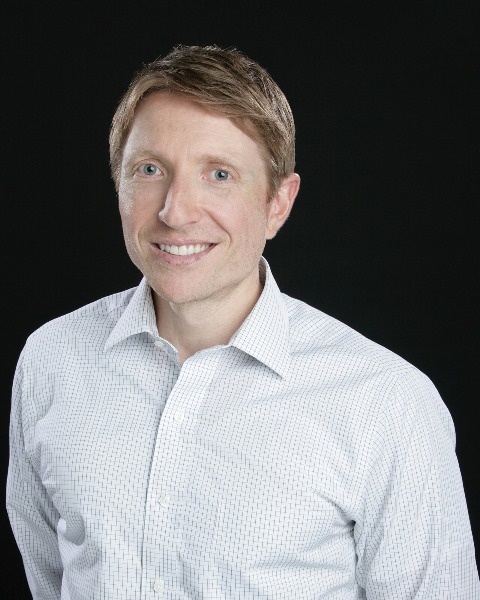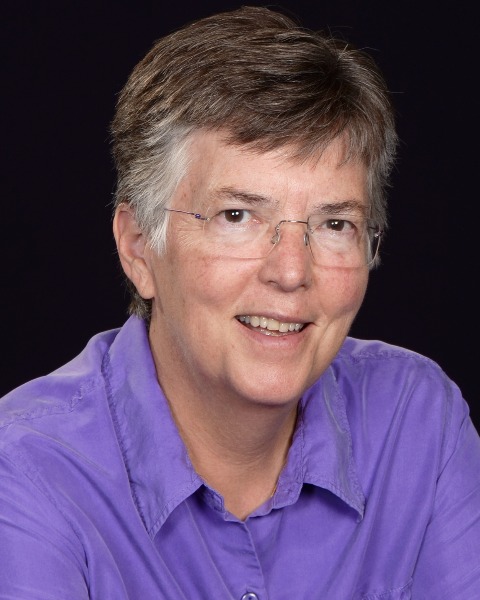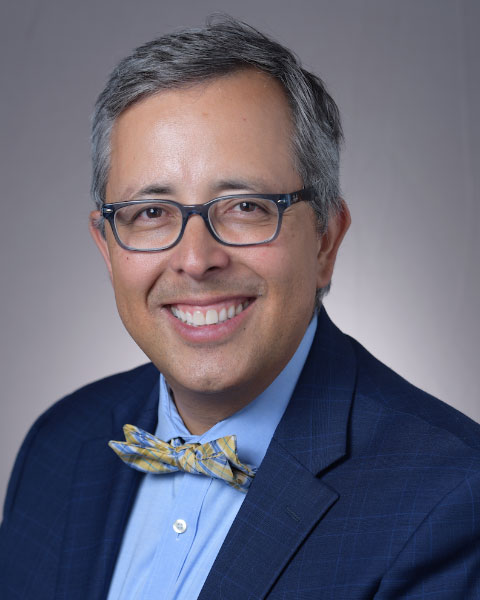
AAPD Webinars
Board Qualifying Examination Preparation Course
Recorded On: 02/07/2020
- Registration Closed
This course will help you prepare for the first step toward becoming a Diplomate - taking and passing the ABPD Qualifying Examination. It will be presented by leading educators and clinicians who will utilize a lecture format to review subjects and materials included in the board examination. Learn about the various domains contained in the American Board of Pediatric Dentistry examination and how to be prepared for this type of high-stakes written examination.
Participation in this course does not guarantee successful completion of board exams.
Course Objectives At the conclusion of the course, participants will have gained a better understanding of how to prepare for the ABPD Qualifying Exam including:
- The scientific and biological principles supporting the practice of pediatric dentistry
- Topical areas of the exam
- Recommended reference materials
- Suggested readings for exam preparation
**Recorded live in 2020

Clarice Law
Speaker
Clarice S. Law, DMD, MS is a Clinical Professor in the Sections of Pediatric Dentistry and Orthodontics at UCLA School of Dentistry. Dr Law received her DMD from Harvard School of Dental Medicine and completed specialty training in Pediatric Dentistry and Orthodontics at UCLA School of Dentistry. As a full-time faculty member at UCLA, she teaches both Pediatric Dentistry and Orthodontics to dental students and residents. Her clinical teaching responsibilities and service to professional organizations focus on interceptive orthodontics. Most notable are contributions to the growth and development and orthodontics sections of The Handbook of Pediatric Dentistry, Practical Reviews in Pediatric Dentistry, and Pediatric Dentistry: Infancy to Adolescence. On the other hand, as the daughter of a psychologist, she has always been interested in human behavior and has made it a focus of scholarly activity. She has authored two review articles on behavior guidance for the CDA Journal and thought she was getting quite proficient in non-pharmacological behavior guidance until her own children were born, refocusing her research on the influence of contemporary parenting on pediatric behavior guidance in the dental setting.

Travis Nelson
Speaker
Dr. Travis Nelson is a clinical associate professor in the Department of Pediatric Dentistry at the University of Washington. Nelson received his D.D.S., from Loma Linda University and subsequently completed a residency in pediatric dentistry and a Masters of Public Health degree at the University of Washington. He is a board certified Diplomate of the American Board of Pediatric Dentistry. Nelson has authored numerous published articles, and has lectured nationally and internationally on a variety of topics. His academic interests include providing dental care for children with autism, restorative dentistry, and procedural sedation.

Rebecca Slayton
Speaker
Dr. Rebecca Slayton is professor emeritus of the Department of Pediatric Dentistry at the University of Washington School of Dentistry and former director of the Dental Department for Seattle Children’s Hospital. Prior to her retirement, she served as the chair of the Department of Pediatric Dentistry at the University of Washington and before that, she was professor and chair of the Department of Pediatric Dentistry at the University of Iowa. Slayton received her D.D.S., certificate in pediatric dentistry and Ph.D. in Genetics all at the University of Iowa. She is a board certified pediatric dentist and a Fellow of the American Academy of Pediatric Dentistry. She serves as a consultant on the Scientific Program Committee of the American Academy of Pediatric Dentistry. She is a fellow of both the American College and International College of Dentists. She was an examiner for the American Board of Pediatric Dentistry oral clinical exam for 12 years. She has published numerous articles in peer-reviewed journals and textbook chapters. She is the co-author of a textbook entitled, “Traumatic Dental Injuries in Children”. Her research focuses on caries risk assessment tools and genetic factors that contribute to dental caries susceptibility.

Juan Yepes
Speaker
Juan F. Yepes DDS, MD, MPH, MS, DrPH is an associate professor in the Department of Pediatric Dentistry at Indiana University School of Dentistry in Indianapolis, Indiana Juan F is also an academic scholar at the Department of Pediatric and Community Dentistry, University at Buffalo. Juan F. is a dentist (DDS) and a physician (MD) from Javeriana University at Bogota, Colombia. In 1999, Juan F. moved to the USA and attended the University of Iowa and the University of Pennsylvania where he completed a fellowship and residency in Oral and Maxillofacial Radiology and Oral Medicine respectively in 2002 and 2004. In 2006, Juan F. completed a Master in Public Health, and in 2011 a Doctoral Degree in Public Health both with emphasis in epidemiology at the University of Kentucky College of Public Health. In 2008, Juan F. completed a residency program in Dental Public Health at University of Texa A&M. Finally, Juan F. completed the residency program and Masters of Science degree in pediatric dentistry at the University of Kentucky in 2012.
Juan F. is Diplomate of the American Board of Oral Medicine, American Board of Dental Public Health, and American Board of Pediatric Dentistry. Juan F. was the section head of oral and maxillofacial radiology at the University of Kentucky for 6 years. Juan F. is an active member of the American Academy of Pediatric Dentistry, American Academy of Oral Medicine, American Academy of Oral and Maxillofacial Radiology, and American Dental Association. Juan F. is a fellow in dental surgery from the Royal College of Surgeons at Edinburgh, Scotland. Juan F. is in the editorial board of Oral Surgery, Oral Medicine, Oral Pathology, Oral Radiology. Finally, Juan F. research and teaching interest are in the area of radiation safety, oral medicine, oral radiology and oral pathology in children.
